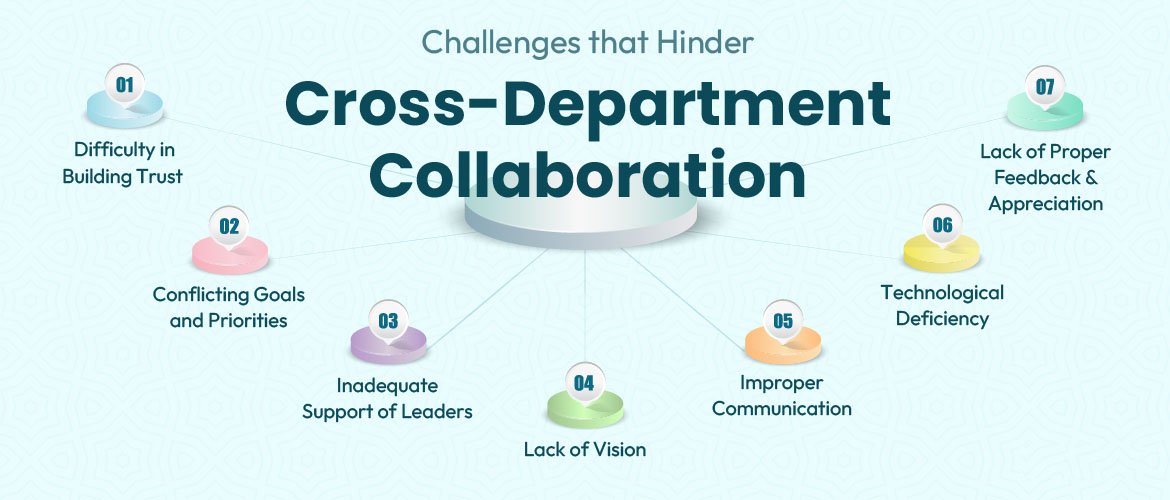Autonomous College vs. Private Engineering College.
There are generally three types of higher education centres: government colleges, Private Colleges, and Autonomous colleges. Of these three types, government colleges are run by the government, and their curriculum is set by the university. Private colleges are affiliated with other government universities and teach the university syllabus and curriculum with little to no changes.
Autonomous colleges are different because where private colleges are bound to follow the curriculum of the university, autonomous colleges can create their own curriculum and syllabus. This helps autonomous universities provide a more in-depth curriculum that also has more practical value. Now that you understand the very basics let’s look at more details about autonomous colleges and how they are different from private engineering colleges.
When does a college become autonomous?
Colleges are ranked and accredited by various government agencies in India. Of them, NAAC accreditation and NBA accreditation are among the most popular and valuable for the college. Autonomous college is private or government. These accreditation ensure institutes that their programs are valuable and can help students pick the right college for their education with regard to their JEE ranks and overall merit. So, when does a college become autonomous?
The autonomy of a college has to do with these two accreditations mentioned above. According to NAAC, which accredits colleges based on a scale of 1-4, if a college scores more than 3.51, they are eligible for autonomy. Similarly, according to the NBA, if a college scores more than 750 in its accreditation process, they are eligible to be an autonomous college. So, now that you know when and how colleges become autonomous. Let’s look at their benefits and how it can be good for you to study at an autonomous college for your engineering degree.
Benefits of studying at an autonomous college
Examination
How do you get your degree? You give exams, right? Well, when you are studying at a private college, the examination, including the question papers marking scheme, is created and hosted by the university. Your college just acts as a centre for the university examination, with no control over the examination whatsoever. For autonomous colleges, the process is quite different.
Autonomous colleges host their own examinations and make their own question papers and marking schemes. This allows them to be in complete control of the examination format, and they can, in some cases, choose to edit or reformat the examinations as they find fit for their college. This makes it easier on students who don’t have to adhere to university guidelines that drop like a surprise year-round.
Curriculum
When it comes to private colleges, the curriculum is set by the university, and colleges just teach and follow the curriculum with no changes whatsoever. When it comes to autonomous colleges, they have the power to change and even set their own curriculum as they see fit. This has multiple benefits.
Firstly, the administrative and educationalists who run the college understand the professional industry requirements of each course and curate the curriculum to meet the industry requirements. This, in turn, helps students get the best quality education which is curated to industry requirements, and that helps you get placed after your education is complete.
Final Thoughts
There are a total of 708 autonomous colleges in India that provide exemplary levels of education in various subjects. Now that you know the benefits of studying at an autonomous college, you can see how it is more beneficial for you as a student to study at these colleges. So, if you are interested, be sure to check out Jodhpur Institute of Engineering and Technology, which is the best autonomous technical college in the state of Rajasthan. For more information about JIET, be sure to visit their website.

















